Disclosure: This article may contain affiliate links. If you decide to make a purchase, I may make a small commission at no extra cost to you.
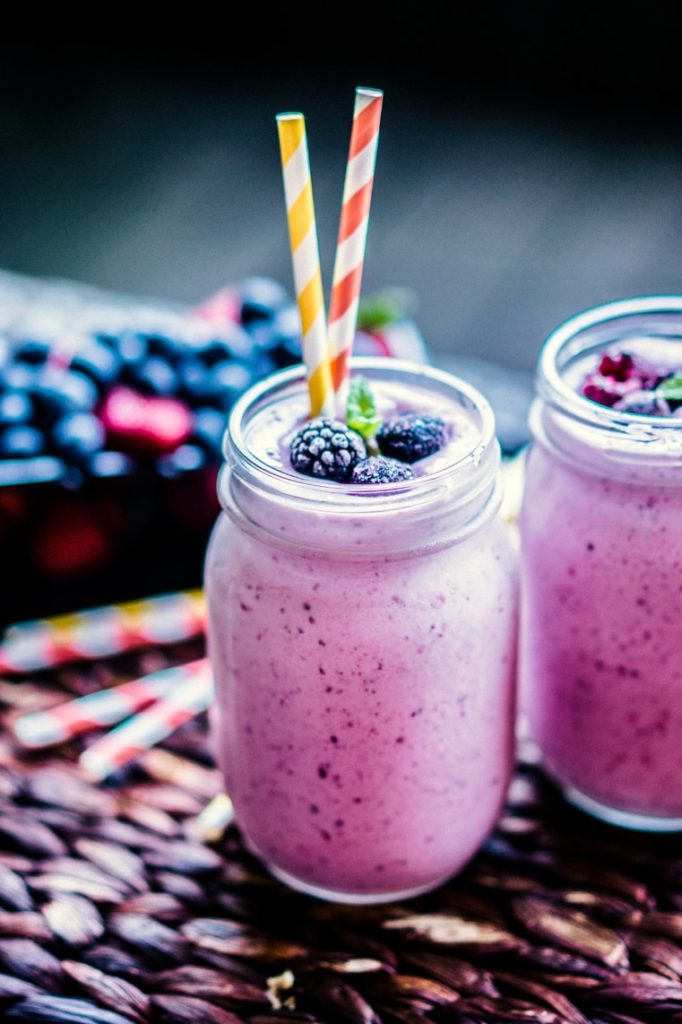
Where do you get your protein? No, just kidding! There’s a big misconception out there that you cannot build and maintain muscle mass on a vegan diet, but this is flat out wrong. You can easily get enough protein from a vegan diet and also supplement protein if you need a bit extra.
In this article, I’ll share some top vegan protein powders which use the highest quality protein sources without using any stevia to sweeten their products.
The vegan diet has grown in popularity in recent years, especially among athletes and bodybuilders. And they’re seeing amazing results from it as well.
Have you ever heard of Thor?
Chris Hemsworth, the guy who played Thor, is no skinny dude and has maintained a great physique, simply from eating a vegan diet and training.
All it takes is discipline and knowing which foods and supplements to include in your diet and which foods to avoid.
So now which protein powder is best for you? I recommend you read through the article to get a better idea of which product is best, but if you’re short on time, I’ve listed 4 excellent protein powders to choose from below.
Using vegan protein powders has many benefits!
- They help supply all essential amino acids which are required to build tissue.
- They can help prevent the loss of muscle mass if you’re on a weight loss diet.
- Plant-based protein powders use whole foods and are loaded with vitamins, minerals, probiotics, and antioxidants.
- They are a convenient and quick source of calories and protein that you can take with you when you’re too busy to sit down for a meal.
Now let’s take a look at some vegan protein powders and frequently asked questions!
Top stevia free protein powder picks & buyer’s guide
#1. Vegan One All-In-One Plant-Based Protein Powder
One of the most popular vegan protein powders available has a great nutrition profile.
It contains a complete amino acid profile from a variety of good plant-based protein sources. This protein supplement also has many vitamins, minerals and even probiotics for added benefit.
I think this is a great product because the ingredients are from natural food sources and also features a variety of added nutrients that complement it.
The product also has a large number of reviews and most of them are quite positive.
Main Ingredients
Serving size: 1 scoop is approximately 39 grams, providing 150 Calories.
Protein: 20 grams (pea, hemp, savi seed, and flaxseed).
Fat – 5 grams.
Fiber – 6 grams.
Micronutrients – Vitamin A, Vitamin C, Vitamin D, Vitamin E, Vitamin K, Vitamin B12 & B6, Pantothenic acid, Thiamin, Niacin, Folate, Biotin, Riboflavin, Calcium, Iron, Magnesium, Phosphorus.
Probiotics – 2 Billion Bacillus Coagulans.
Omega 3 – 1.5 grams.
The protein also claims to be vegan certified and does not contain any genetically modified ingredients.
Flavors include Coconut Almond, French Vanilla, Mocha, Plain unsweetened, Chocolate, Berry and Vanilla Chai.
Important: Only “unsweetened” Protein powder is Stevia Free.
See more information and reviews here.
#2. ALOHA – Organic Based Protein Powder
This protein powder by ALOHA doesn’t pack the same protein punch as others, but it really emphasizes that it’s possible to create a great tasting protein drink without the need for all the artificial ingredients that many protein powders include.
The main protein sources are from a blend of Pea protein, Pumpkin Seed protein, and Hemp Seed protein. This gives you all the amino acids that you need to build healthy cells and muscles.
Aloha protein powder also contains natural sweeteners such as coconut sugar and monk fruit extract.
Aside from the protein, it also contains magnesium, calcium, and iron, as well as omega 3.
It also comes in different flavors. I recommend checking out the chocolate. I mean, who doesn’t like chocolate?
Main Ingredients
Serving Size – 2 scoop is approximately 37 grams, providing 150 Calories.
Protein – 18 grams per serving (pea protein, pumpkin seed, and hemp seed).
Fat – 4.5 grams.
Aloha protein powder is free from gluten, dairy, and contains no stevia.
See more information and reviews here.
#3. Inexpensive Vegan Protein Powder, Sweetened with Monk Fruit
The last protein powder I recommend is inexpensive and the simplest one of them all.
The main protein source in this protein powder is yellow pea protein.
And with the addition of a patented plant enzyme that has been proven in studies to increase the ability of the body to digest protein, your body is able to digest and use the amino acids better than many other vegan protein powders.
Main Ingredients
Serving size – 1 scoop is approximately 39 grams, providing 180 Calories.
Protein – 23 grams.
Fat – 5 grams.
Micronutrients – Calcium, Iron, and Aminogen (a proprietary plant enzyme blend for the breakdown of the protein and absorption of amino acids in the supplement).
It contains 19 amino acids with the highest concentration of arginine than any of commercially available proteins.
The product is also free from genetically modified ingredients, free of common allergens and has no artificial ingredients or stevia.
If you’re on a budget, this would be a good choice for a good quality protein supplement.
See more information and reviews here.
#4. Fitppl Plant Based Protein Powder and Superfood – Eco-Friendly
If you’re after a premium protein powder which combines superfoods and protein, this is the protein powder supplement for you.
Each container gives you a generous 20 servings of high-quality protein and superfoods, which are full of phytonutrients, vitamins, and minerals.
The main downside to this protein powder is that it has just 16 grams of protein per serving. If you’re a bodybuilder or an athlete, you may want to go for a protein powder with a higher amount of protein per serving.
If you’re a vegan who doesn’t need a significant boost in protein in your diet and aren’t very active and training, this provides a modest amount of protein while being highly nutritious and antioxidant-rich.
Main Ingredients
Serving size – 3 scoops is approximately 25 grams, providing 90 Calories.
Protein – 16 grams
Fat – 1 gram.
Superfoods – Spirulina, Oat Grass, and Barley.
Micronutrients – Calcium, Iron, Vitamin A, Vitamin K, and Manganese.
This protein powder is quite basic and great for those who don’t want to go crazy with protein, but just want to supplement a little.
And with the addition of fruits and greens, you’re also getting some extra vitamins, minerals and phytonutrient compounds that are known to be beneficial to health.
See more information and reviews here.
#5. Amazing Grass Organic Plant-Based Vegan Protein Powder – Sweetened with Monk Fruit

The ingredients provided in this supplement are grown and then harvested on the farm, so you are getting the highest quality ingredients.
While this is a relative newcomer and has fewer reviews than many other vegan protein powders, the reviews are very positive.
The product is also available in two flavors: Vanilla and Chocolate.
Main Ingredients
Serving size – 1 scoop is approximately 33 grams, providing 130 Calories.
Protein – 20 grams.
Fat – 2.5 grams.
Superfoods – kale, wheat grass, barley, alfalfa.
Micronutrients – Vitamin A, Vitamin K, Vitamin C, Calcium, Iron, Potassium.
See more information and reviews here.
Why you should choose protein powders without stevia
Many foods and drinks now contain artificial flavoring and colors to make them more palatable to the average consumer. Some brands opt for natural sweeteners like stevia instead. But some people either find it too sweet or it doesn’t agree with them.
When eating a vegan diet, we can generally taste food a lot better and enjoy the natural taste of foods, rather than trying to sweeten them up.
Artificial sweeteners or natural sweeteners like stevia are used in just about every sugar-free product you can think of. Many of them have been put through clinical trials to see if there are any long-term side effects and studies generally show mixed results.
Some show that they are safe, but many people still remain skeptical about the long-term effects and whether or not they increase the risk of disease.
Below are a few side effects which have been reported:
- Dizziness
- Muscle pain
- Numbness
- Allergic reactions
- Blood sugar dysregulation
So, now we know some of the potential negative side effects of stevia, let’s look at some of the most popular vegan protein powders.
Read more about the benefits and dangers of stevia.
Frequently asked questions about vegan protein powders
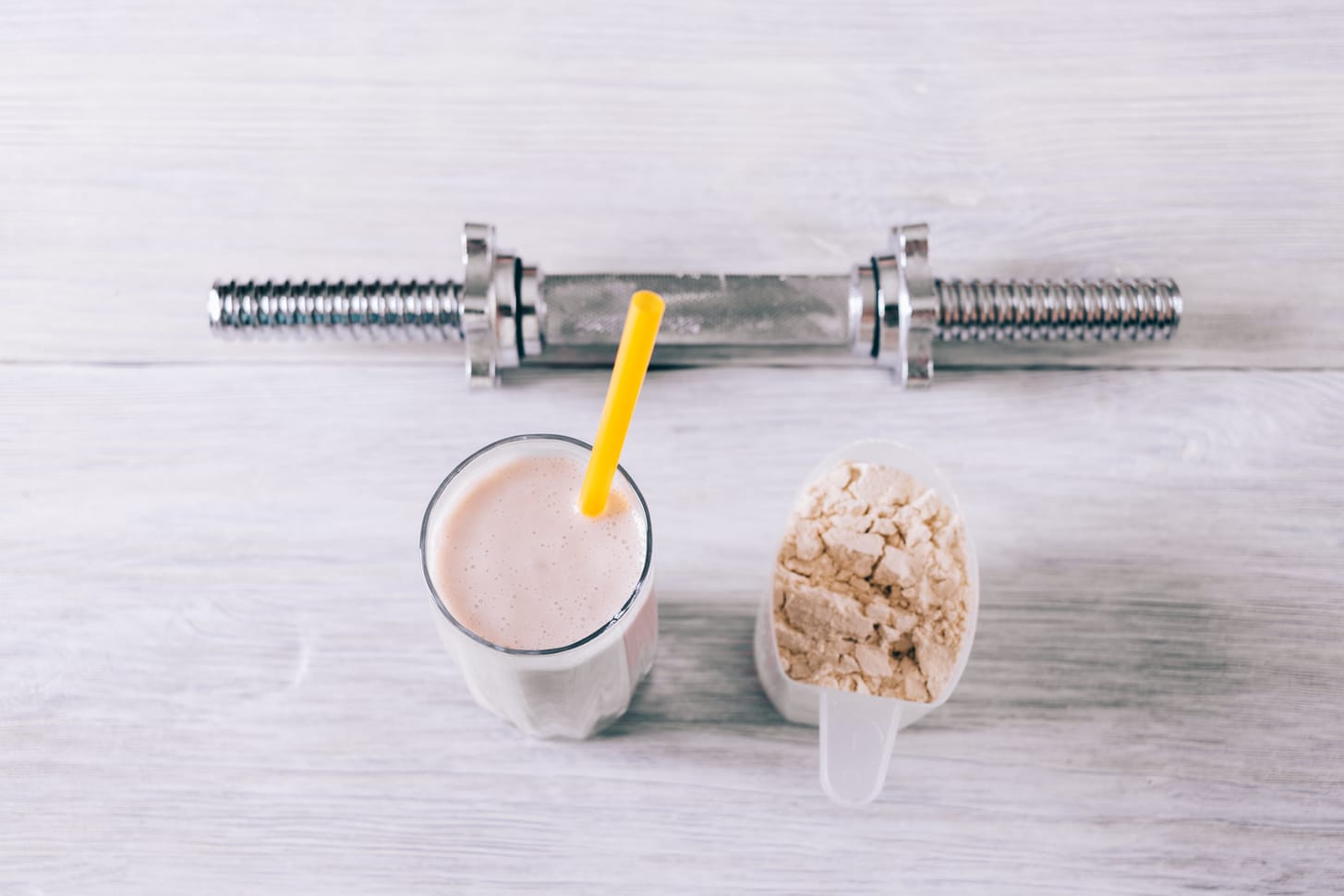
Here are some of the questions that are often asked regarding the benefits and side effects of using protein powders.
1. Are there are any benefits from drinking protein powders?
There are many benefits to using protein powders.
- Protein shakes are a quick supply of calories
- Protein shakes are full of amino acids which helps rebuild and maintain muscle
- You can carry shakes with you to training to replenish your amino acid pool right after doing your training
- Vegan protein powders don’t contain dairy or its constituents, which can be a cause of allergies in some people
2. Do vegans need to supplement their diet with protein powders?
Although a vegan diet generally provides adequate amounts of protein for the average person, using vegan protein powders can be more convenient, especially if you’re a busy person on the go a lot.
It’s usually physically active vegans who most often use protein powders, but they can be useful for sedentary vegans too.
Many of the protein powders available have a complete amino acid profile. That means that they contain all the amino acids which you need to obtain from your diet in order to build protein and build muscle mass. They also can include a variety of foods that have high levels of phytonutrients that are beneficial for health.
3. How often should you supplement with protein powders?
This depends entirely on your needs. A good time to use a protein shake might be breakfast and soon after you train. If you’re not exercising all that much, then perhaps you can just consume the protein shake with your regular meal.
Some protein powders are also suitable to be mixed with cereals, oatmeal, smoothies, and foods!
4. Are there any side effects when using protein powders?
Protein powders are usually safe for most people and often contain ingredients that are easily digestible. Some of the supplements listed above also contain prebiotics, probiotics, and enzymes, all of which can enhance gut health.
Sometimes it might take a week or two before your body fully adjusts to some of the ingredients in the protein powder. This can be a result of your microbiome changing in response to the types of foods and fiber.
If you are feeling bloated after using the protein powder every day, try and cut down on how much you’re using and build up to it!
Vegan protein powders are also less likely to give any of the common symptoms that are associated with dairy-based protein powders. So they are great alternative protein powder for non-vegans who have issues with dairy-based products.
5. Are the ingredients all plant-based?
Vegan protein powders are plant-based. They contain ingredients that are sourced from foods such as peas, hemp, pumpkin seeds, soy, and flax.
These protein drinks also often have added vitamins, minerals and even omega 3 from algal oil (which vegans don’t get enough of).
6. Aside from protein powders, where else can I get protein from?
There are plenty of good sources of protein for vegans, but many of the plant protein is incomplete and that’s why it’s important to get your protein from multiple sources. One of the reasons why vegan protein powders are able to provide a full amino acid profile is because they usually contain protein from various sources such as:
- Lentils
- Tofu
- Beans
- Quinoa
- Peas
Out of 21 amino acids which are used by the body, there are 9 amino acids (listed in the table below) which must be obtained from your diet,
The amino acids that can be low on a vegan diet – Lysine, Tryptophan Methionine, Phenylalanine.
Reviewed and updated 01/2020




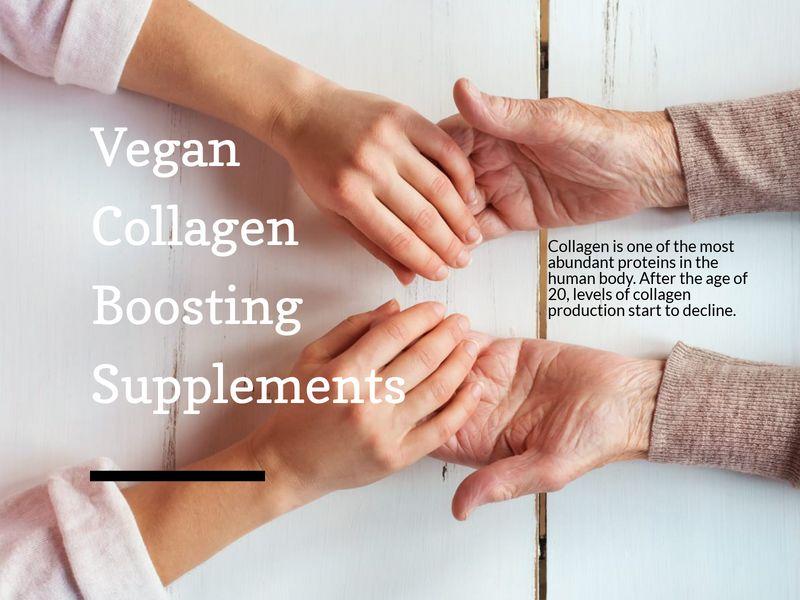

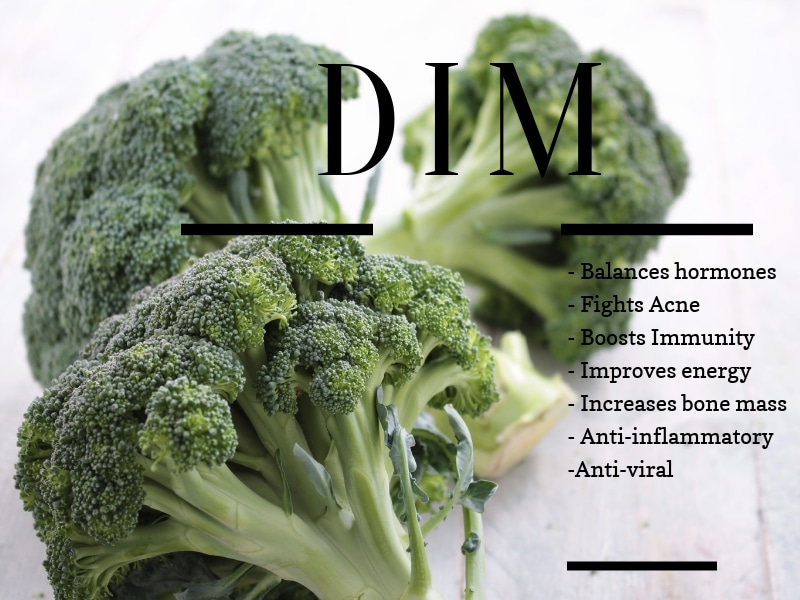
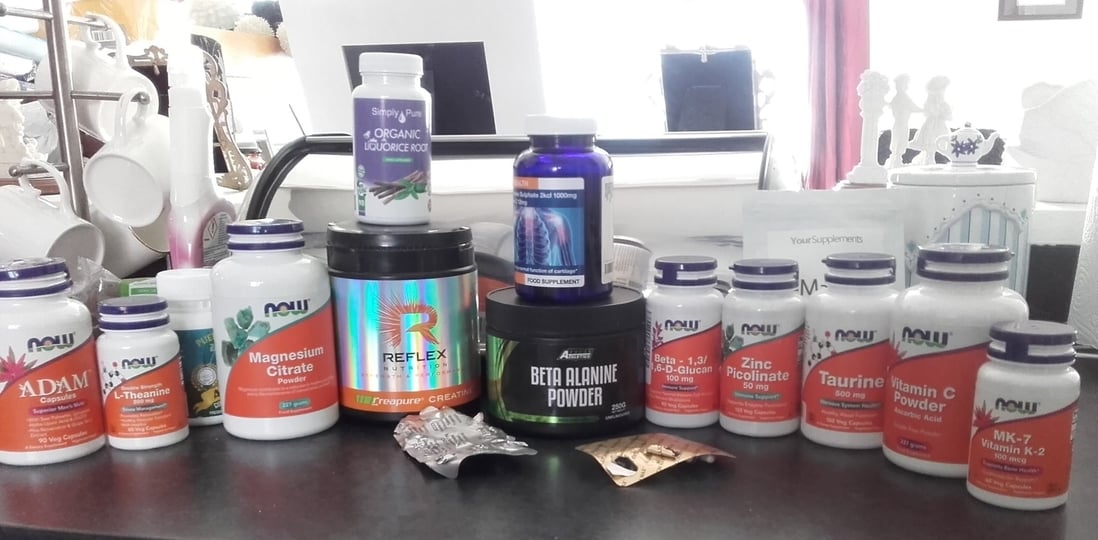





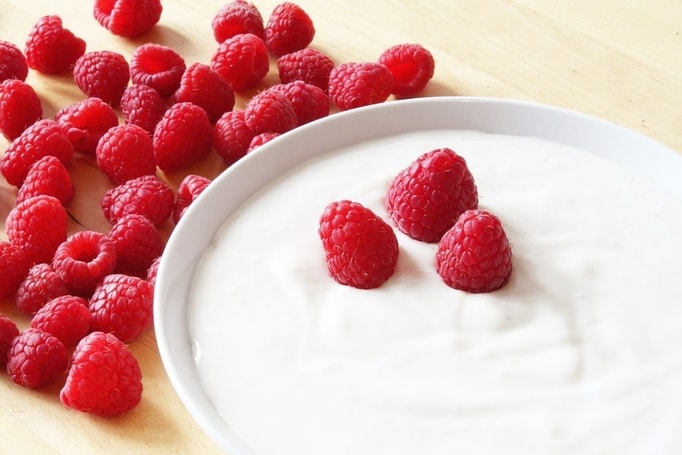
Hi Matt,
What protein powder do you, yourself, use out of the ones you’ve listed and which one have you found to be the most nutritionally balanced? I’m looking to invest in a vegan protein powder I can feel comfortable having every now and then when I’m looking to increase my protein intake. I prefer unprocessed powders that are naturally sourced.
Hey Jon, thanks for the comment. 🙂
I’ve only used the Vega Clean protein powder (Just wanted to show people other options) since I pretty much cover most nutrients with my diet and other supplements. So I don’t really need the additional nutrients. I used to use a protein powder before going vegan.. it was Reflex Instant Whey protein. One caveat is that is that the clean protein powder does have stevia leaf extract, but I personally don’t have issues with it, and it’s not too overpowering.
Yah… My protein intake was super low for a long time, but I’ve come to realize that I feel much better increasing my protein intake a little. So sometimes I’ll have soy milk (usually hot chocolate) and/or a protein shake.
Not sure if it was related to my IGF-1 level.. maybe it was too low? I’ve never had it tested…
You have Vega one nutritional drink as “Stevia free” but it is not — check the label and you will see it listed. I bought it today thinking it would not have any only to get home and see it listed. I wish it was.
Hey Laura
I just checked my links and it appears that they point to the “stevia free” version of vega all-in-one protein powder.
Under 7 flavors option, you have to select unsweetened. I believe all of the other protein powder flavors include stevia as an ingredient.
Thank you for your feedback, Laura, I appreciate it. And sorry for your disappointment, I’ll amend the article and make it more clear.
I have the Vega One all-in-one shake french vanilla and it contains Stevia Leaf Extract. I have been doing a lot of research and this is making me bloated. 🙁
Only the “unsweetened” version of Vega All in One is free from stevia leaf extract. Unfortunately, due to the product being under the same listing/page, people are selecting other flavors expecting them to be also free from Stevia leaf extract.
There is some research that stevia can irritate the stomach, decrease appetite, and cause bloating. This may or may not get better, but sometimes (from my experience) it’s possible to adapt and problems resolve on their own as long as you’re not allergic or intolerant to the ingredient.
That being said, do you normally have flaxseed in your diet? That can initially cause some bloating, and it’s included as an ingredient.